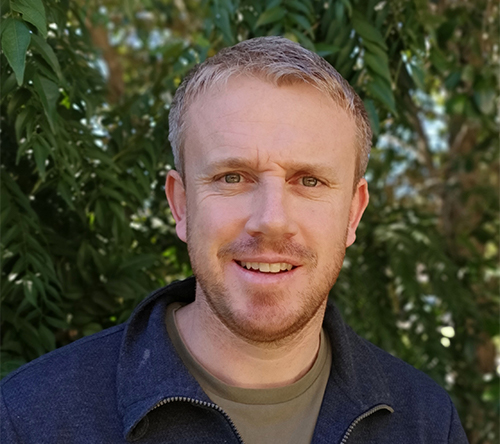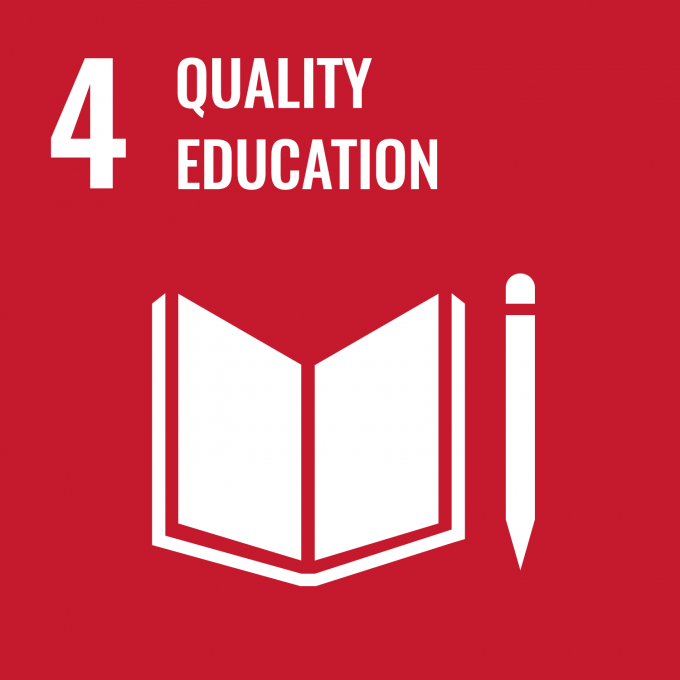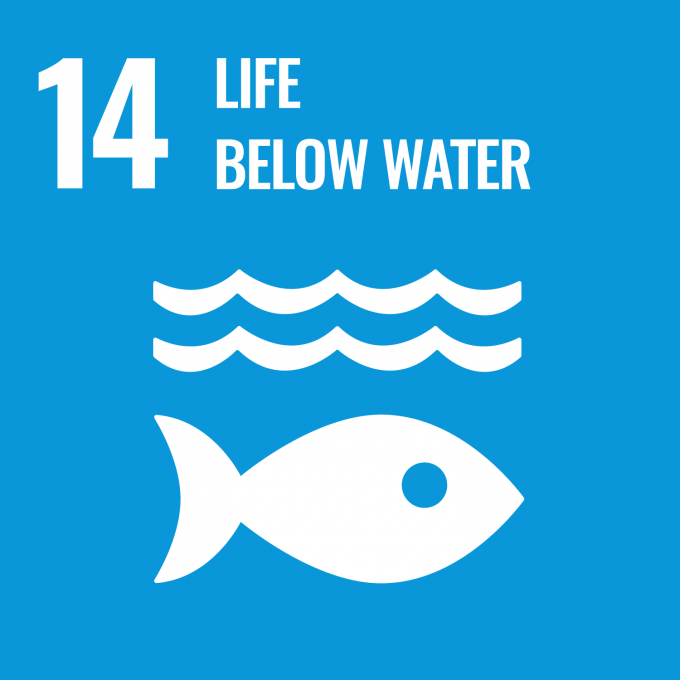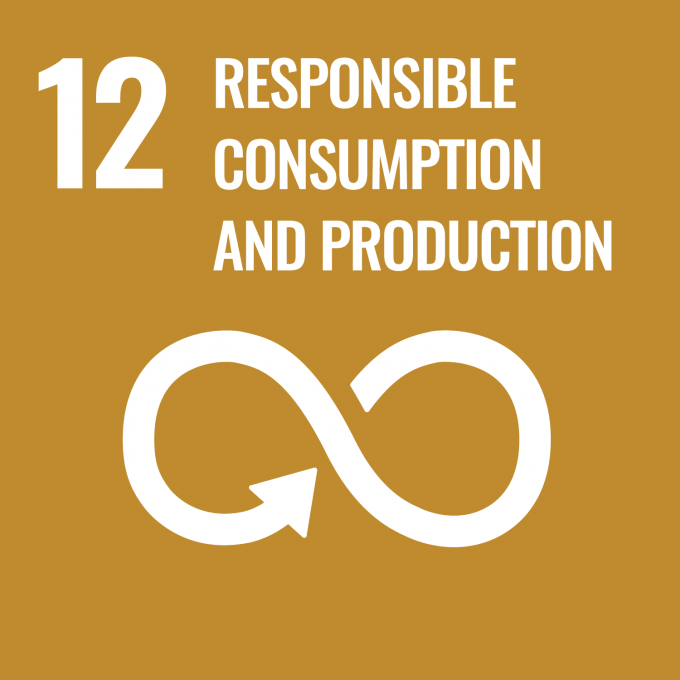Itinerary
Tour day-by-day
-

Private Charter - Hervey Bay
Enjoy the best of the Great Sandy Marine Park at any time during the year, with the duration and departure time of the private charter customised according to your requirements. Specifically designed to suit your group of up to 38 guests, we concentrate on your area of interest or curriculum for students.
Our private charters covering various special interests such as snorkelling, birding, history and geography, are staffed by knowledgeable certified Marine Naturalists, who take pride in their uncompromising attention to top-quality service aboard our 12-metre, smooth-riding Rigid Inflatable Boat (“RIB”). This comfortable vessel features forward facing and covered seating at water level, with panoramic views, perfect for photography and naturalist groups.
We can organise a stopover on the beach of K'gari (formerly Fraser Island), Big Woody Island with its historic lighthouse, or perhaps land on a deserted sand cay. Refreshments can be brought or provided, with our team delighted to assist you with organising the perfect event.
For groups interested in learning more about our research programs, our Whale & Dolphin Tracker app is the latest iteration of a long-term citizen-science program for monitoring and collecting data on marine wildlife. With this free app available to your special interest or educational group, we can log whale and dolphin sightings in real time and upload photos from mobile devices. Your contributions will aid our researchers in their studies and contribute to informed management of the East Australia population of humpback whales.
 “We often see mixed groups of dolphins, but the species differ in their behaviour. Anecdotally, groups of Bottlenose Dolphins tend to be larger and are not usually too affected by boat presence, while the Humpback Dolphins are generally a little more boat-shy. This is something we have also seen in other parts of the world. Humpback Dolphins are generally more elusive, harder to study, and seen in smaller numbers.”
“We often see mixed groups of dolphins, but the species differ in their behaviour. Anecdotally, groups of Bottlenose Dolphins tend to be larger and are not usually too affected by boat presence, while the Humpback Dolphins are generally a little more boat-shy. This is something we have also seen in other parts of the world. Humpback Dolphins are generally more elusive, harder to study, and seen in smaller numbers.”Barry McGovern - Research Associate
In addition to naturalist groups, tailored packages can be booked for wedding parties or receptions, birthdays, engagements, anniversaries, corporate whalewatch or snorkel cruises, sunset cruises or milestone celebrations.
-

Tour details
Pricing: On Request
Group Size: Maximum of 38 passengers
Departure Point: Check in at Shop 1, Great Sandy Straits Marina, Urangan Hervey Bay.
Departure Times & Duration: Customised according to your needsHow you'll be making a positive impact
We have aligned our sustainability vision with the United Nation’s Sustainable Development Goals (SDGs). Creating the Largest Humpback Database in Australia
Creating the Largest Humpback Database in Australia
Pacific Whale Foundation’s research in Australia began in Hervey Bay in 1984 when founder, Greg Kaufman, visited South East Queensland as part of a documentary film project. Greg and his team quickly determined the area was a critical resting place for Humpback Whale mothers and calves heading back to their feeding grounds in the Antarctic and set about a long-term study focussing on these majestic mammals.
 Whale & Dolphin Tracker Program
Whale & Dolphin Tracker Program
Photo identification programs have been the backbone of marine mammal studies for decades, allowing researchers to identify individuals by comparing photos in existing catalogues. Photo-identification serves as a non-invasive way to gather information on the life histories of whales, including approximate age and migratory movements.
 Tracking Marine Debris across Hervey Bay
Tracking Marine Debris across Hervey Bay
Marine debris is defined as any human-created waste that has entered the marine environment. Concerningly, most of the debris from land-based sources is composed of plastics and other materials that resist natural degradation.
 Be Whale Aware and Be Dolphin Wise
Be Whale Aware and Be Dolphin Wise
Pacific Whale Foundation Eco-Adventures Australia has developed a series of best practice factsheets for ocean users and boaters who wish to view whales and dolphins. The “Be Whale Aware” and “Be Dolphin Wise” guidelines are designed to educate seagoers that their presence can affect marine wildlife and habitat.
 Dedicated School & Education Program
Dedicated School & Education Program
Pacific Whale Foundation Eco-Adventures Australia use profits from cruises to provide marine education for children, and support ocean conservation programs in Australia and around the world.
 Reuse, Refuse and Rethink Campaign
Reuse, Refuse and Rethink Campaign
Pacific Whale Foundation’s RETHINK campaign champions alternatives to everyday single-use plastics in an effort to save marine life. Plastic never truly biodegrades, breaking up into smaller pieces that remain in our environment. As plastic breaks into tiny pieces, it’s ingested by marine organisms and permeates the food chain.
Media Gallery
-

Great Sandy Straits: Seven Island Ultimate Wildlife Cruise
From $60 USD
2.5 hours
Available months: January to January, March to June, December to December.
-

Ultimate Whale Watching & Wildlife of the East
From $6,620 USD
13 days/12 nights
Available months: July to October.
-

Iconic Islands of Australia
From $5,180 USD
11 days/10 nights
Available months: January to December.
















